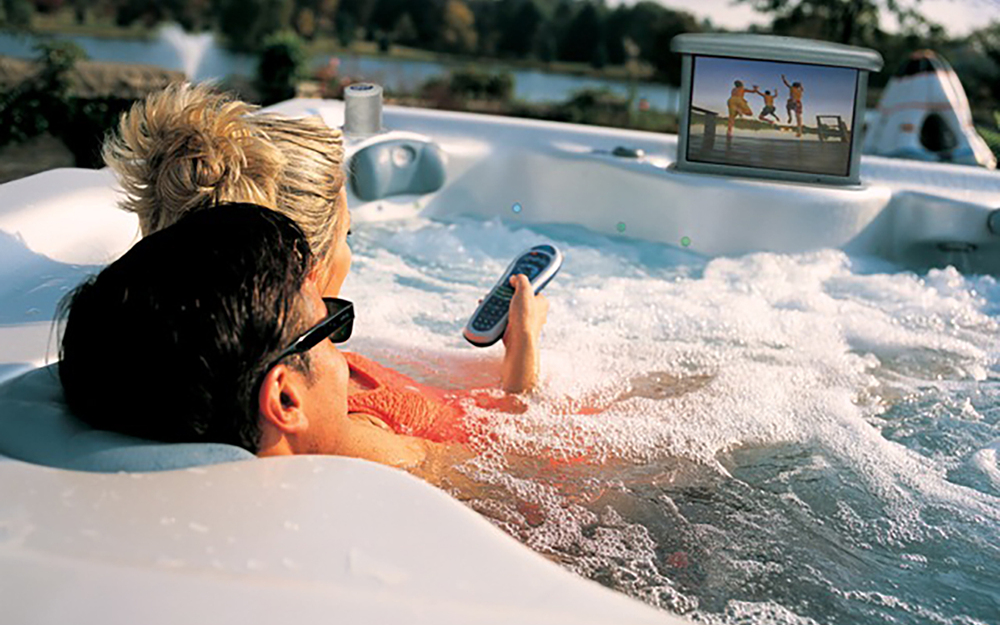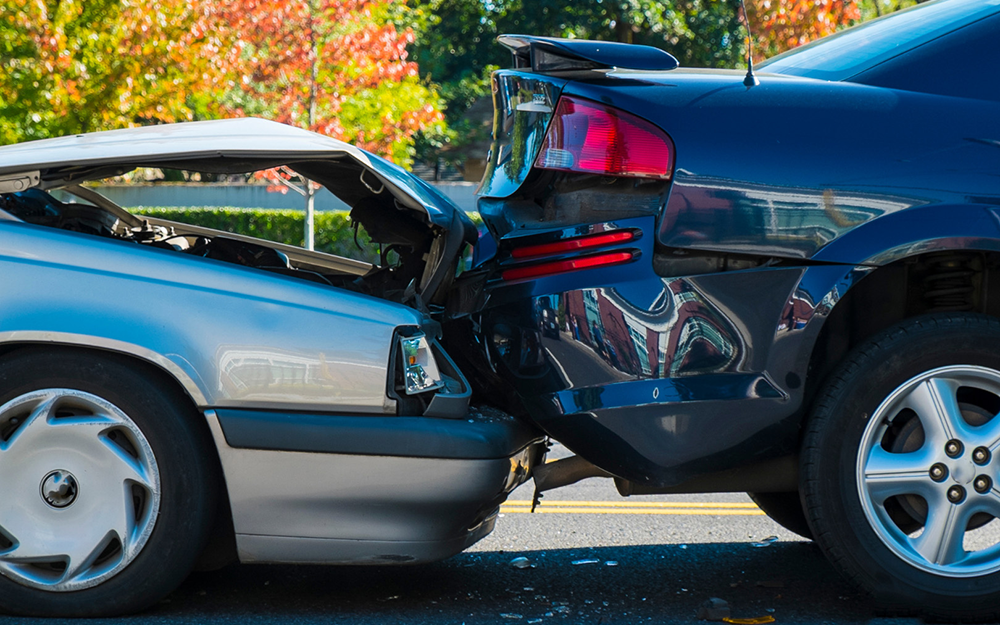It’s been unusually cold and more cold weather is in store this winter. During the cold winter months nothing beats a nice fire in the fireplace. Fires may keep us warm, however, there are hazards that need to be addressed says Fire Chief Sam DiGiovanna.
The U.S. Fire Administration (USFA) encourages you to practice the following fire safety steps to keep those home fires safely burning says DiGiovanna. Remember, fire safety is your personal responsibility …Fire Stops With You!
Keep Fireplaces Clean
· Have your fire place/chimney inspected and cleaned annually by a certified chimney specialist.
· Clear the area around the hearth of debris, decorations and flammable materials.
· Leave glass doors open while burning a fire. Leaving the doors open ensures that the fire receives enough air to ensure complete combustion and keeps creosote from building up in the chimney.
· Close glass doors when the fire is out to keep air from the chimney opening from getting into the room. Most glass fireplace doors have a metal mesh screen which should be closed when the glass doors are open. This mesh screen helps keep embers from getting out of the fireplace area.
· Always use a metal mesh screen with fireplaces that do not have a glass fireplace door.
· Never restrict air supply to fireplaces. Otherwise you may cause creosote buildup that could lead to a chimney fire.
· Make sure your flue vent is open.
· Use fire-resistant materials on walls around wood stoves.
Safely Burn Fuels
· Never use flammable liquids to start a fire.
· Use only seasoned hardwood. Soft, moist wood accelerates creosote buildup. In pellet stoves, burn only dry, seasoned wood pellets.
· Build small fires that burn completely and produce less smoke.
· Never burn cardboard boxes, trash or debris in your fireplace or wood stove.
· When building a fire, place logs at the rear of the fireplace on an adequate supporting grate.
· Never leave a fire in the fireplace unattended. Extinguish the fire before going to bed or leaving the house.
· Allow ashes to cool before disposing of them. Place ashes in a tightly covered metal container and keep the ash container at least 10 feet away from your home and any other nearby buildings. Never empty the ash directly into a trash can. Douse and saturate the ashes with water.
Gas Fireplaces
A natural gas fireplace is a wonderful way to make any room feel warm and special. But it’s also important for you and your family to follow these procedures to stay safe.
· Review the manufacturer’s instructions for maintenance and use.
· Be careful around the outside of your fireplace – the glass window and ceramic surfaces stay hot after the fireplace has been turned off.
· Never leave children unattended near your fireplace • Use a screen or barrier to keep children from touching the glass.
· Don’t put flammable materials near your fireplace • If the pilot light or flame goes out, follow the manufacturer’s instructions for relighting.
· Make sure your fireplace is completely turned off when it’s not being used.
· Make sure your fireplace is cool before cleaning the glass – wiping hot glass with a damp cloth can crack it.
· If you smell gas or are experiencing a gas leak immediately evacuate the home and call 911.
Protect the Outside of Your Home
· Stack firewood outdoors at least 30 feet away from your home.
· Keep the roof clear of leaves, pine needles and other debris.
· Cover the chimney with a mesh screen spark arrester.
· Remove branches hanging above the chimney, flues or vents.
Protect the Inside of Your Home
· Install smoke alarms on every level of your home and inside and outside of sleeping areas. Test them monthly and change the batteries at least once a year. Consider installing the new long life smoke alarms.
· Install a carbon monoxide detector in your home.
· Provide proper venting systems for all heating equipment.
For more fireplace safety tips contact your local fire department!
Stay warm,
Fire Chief Sam DiGiovanna









































